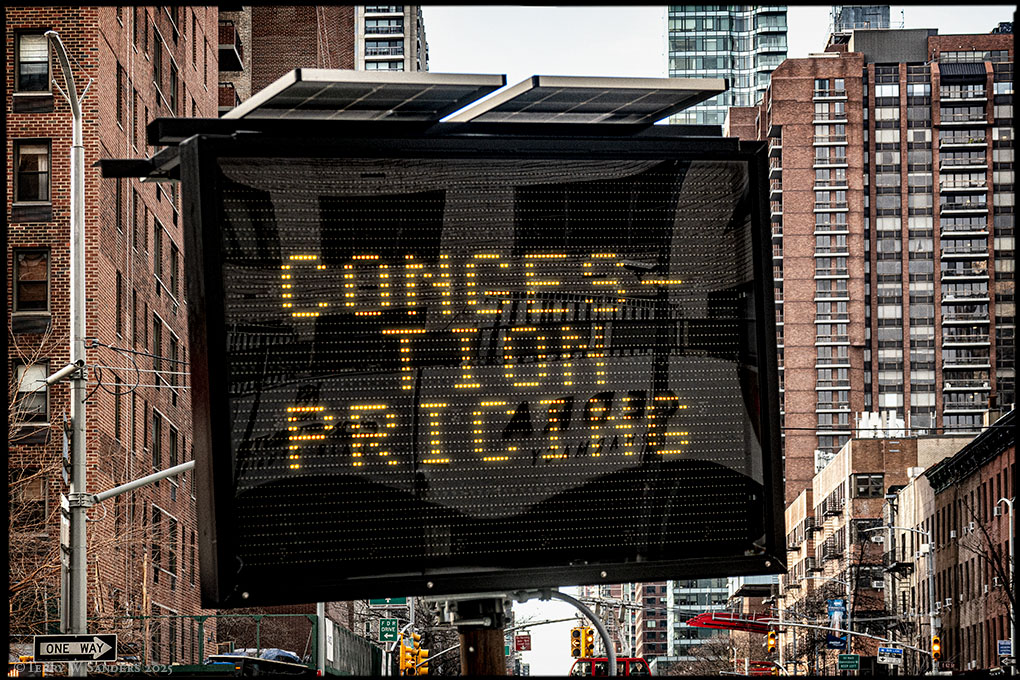A $9 toll threatens to spark an institutional battle between Washington and New York. With a deadline set for May 21, the Trump administration has threatened to suspend all federal funding and authorizations for new infrastructure projects in the Big Apple. The Metropolitan Transportation Authority (MTA) is now being asked to halt its congestion pricing program in downtown Manhattan.
The warning came directly from Transportation Secretary Sean Duffy, who, in a letter to Governor Kathy Hochul, labeled the current toll as “illegal.” According to Duffy, the government has no intention of continuing to fund “a failing system” that uses the new fee solely to plug budget gaps. Therefore, the department will stop granting licenses and environmental approvals, except for safety projects, unless the measure is reversed.
The plan, which has been in effect since January 5, imposes a fee on private vehicles during peak hours for those entering the central business district, from 60th Street down to the southern tip of the island. The results, according to MTA data, are already visible: from the time of its implementation until March, 5.8 million fewer vehicles entered the toll zone, and in the first two months alone, revenue surpassed $100 million. The main objective was to reduce traffic congestion, improve air quality, and raise up to $15 billion to fund crucial initiatives, such as the extension of the Second Avenue Subway to Harlem and the modernization of the subway network.
Governor Kathy Hochul’s response was swift. In a statement released via email, she dismissed the threats as baseless, reaffirmed that the tolling system is fully legal, and highlighted its tangible benefits: reduced traffic, improving economic activity, and a functioning system.
The MTA also does not seem to be backing down. The agency has already filed a lawsuit against the Trump administration after Duffy withdrew the federal approval of the program in February. Recently, the agency filed an updated version of the lawsuit, requesting the court to prevent the government from blocking, withdrawing, revoking, or delaying any funding. CEO Janno Lieber clarified that the legal issues raised are already under the court’s evaluation, adding that the monitoring system will remain active, and citizens will continue to benefit from it.












